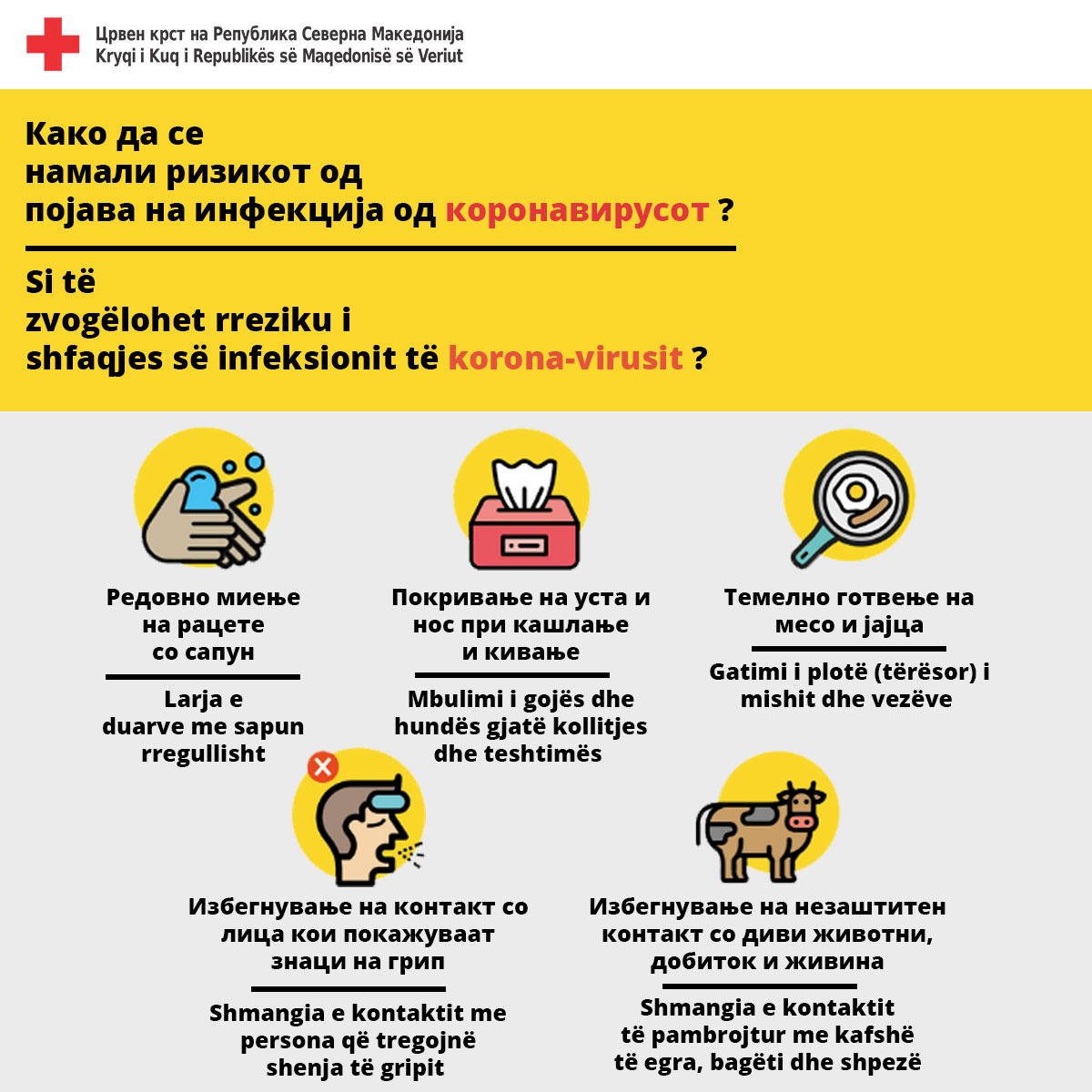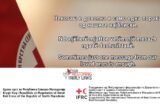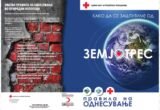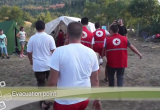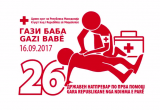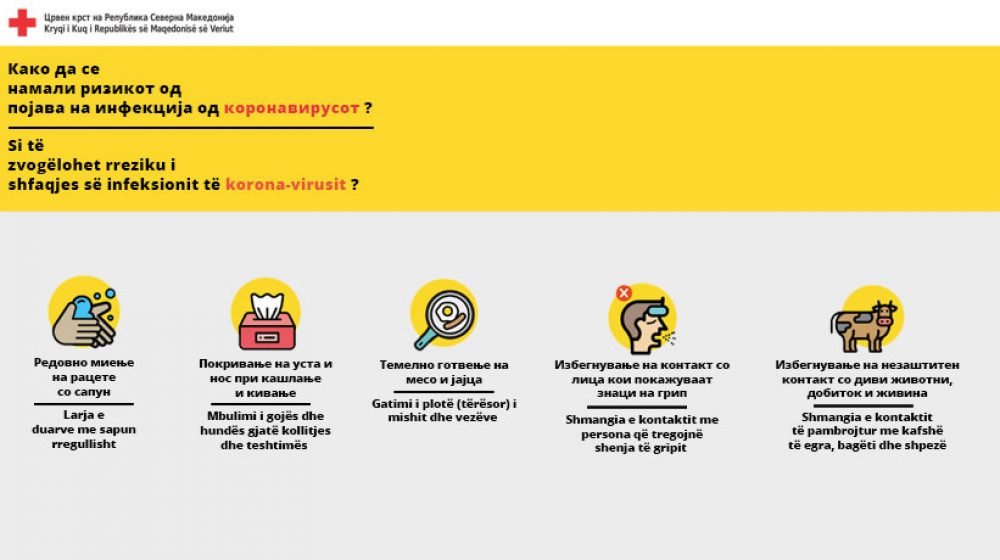
Novel coronavirus (nCoV) outbreak 2020
Introduction
On 31 December 2019, WHO was informed of a cluster of cases of pneumonia of unknown cause detected in Wuhan City, Hubei Province of China.These pneumonia cases were later determined to have been infected with a novel Coronavirus (nCoV). By 22 January, more than 400 cases had been confirmed, including among healthcare workers, in China, Japan, South Korea, Thailand, and the United States.
What is it?
Prior to this outbreak, there were six known coronaviruses that infect humans, and many more that are only known to infect animals. It is likely that this novel coronavirus outbreak originated in an animal population before crossing over to infect humans. The original source of this cross-over has not been definitively identified.
How is nCoV spread?
Human transmission of nCoV has now been confirmed, which means the animal host is no longer necessary for the disease to spread, and the virus can pass from person to person.
The exact mode of transmission of nCoV is not known. Previous outbreaks of coronavirus, including SARS and MERS, the two most dangerous outbreaks to date, have spread primarily through contact and droplets.
Typically, coronaviruses spread through:
-
Contact with droplets created when an ill person coughs or sneezes, as droplets of saliva or other fluids carrying the virus are projected onto other people or objects;
-
Close personal contact, such as touching, shaking hands, or sexual contact;
-
Touching an object or surface where the virus has been deposited, such as doorknobs or personal belongings, and then touching your mouth, nose, or eyes without first washing your hands;
-
Some coronaviruses, such as SARS-CoV, could be found in the faeces and urine of people infected with the virus and may be spread through contact with those fluids.
What are the symptoms?
Most people experience a coronavirus infection at some point in their lives, with time- limited and non-severe symptoms such as respiratory symptoms, fever, cough, and shortness of breath. Human coronaviruses can sometimes cause lower-respiratory tract illnesses, such as pneumonia or bronchitis. This is more common in people with cardiopulmonary disease, people with weak immune systems, infants, and older adults. In addition to pneumonia and severe acute respiratory infections, severe cases of infection can result in kidney failure and death.
The estimated incubation period is believed to be between 0 and 14 days, with symptoms lasting between 1-15 days.
How to prevent the spread of coronavirus?
Similar to preventing infection with other viruses likely to be spread through contact or droplets.
Preventive measures are :
-
Wash your hands regularly with soap
-
Cover your mouth and nose when coughing
-
Thoroughly cook meat and eggs
-
Avoid contact with anyone showing flu-like symptoms
-
Avoid unprotected contact with live wild or farm animals
For people caring for loved ones with mild respiratory illnesses at home, home use of surgical masks early and consistently along with correct and consistent handwashing may reduce the chance that they become infected.
